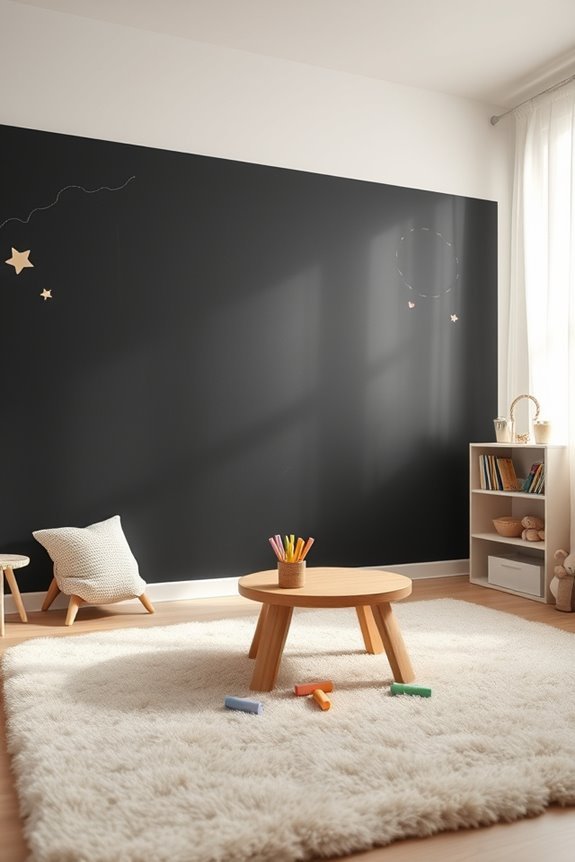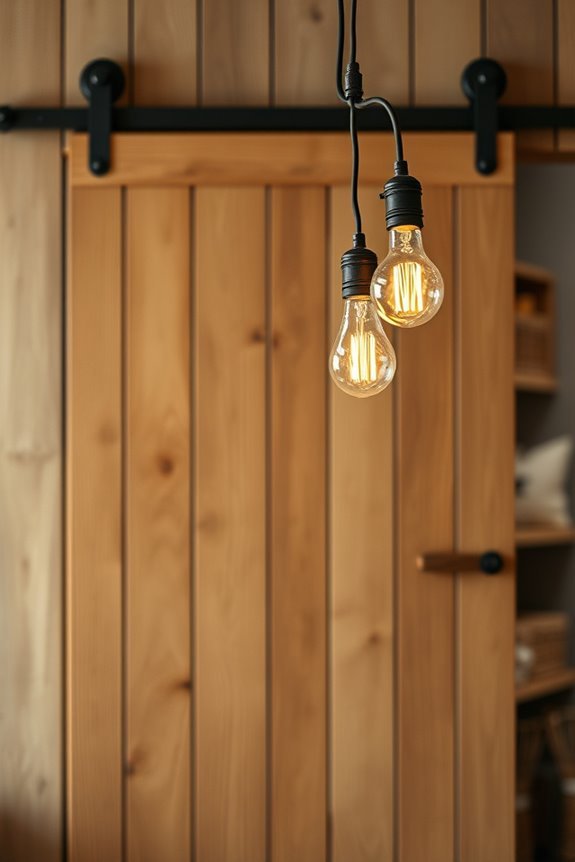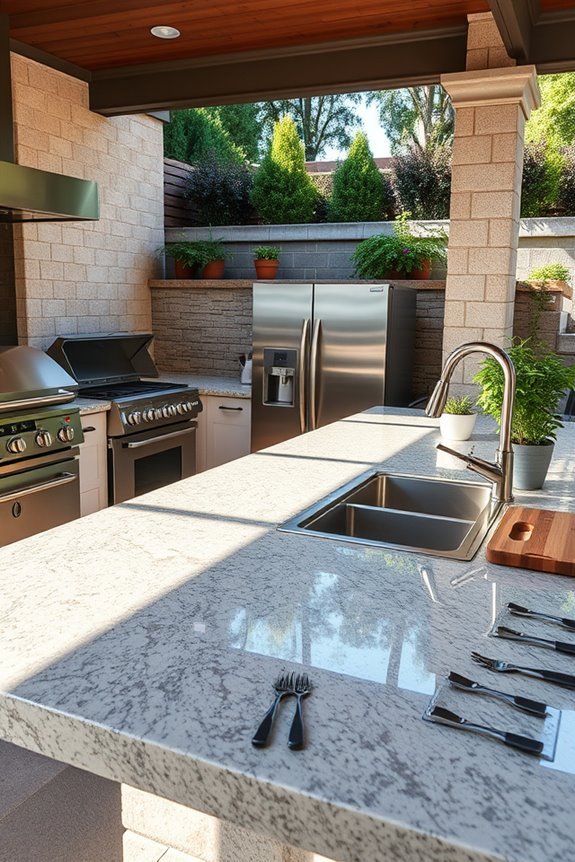Does a Whole House Water Filtration System Soften Water? Myths vs. Facts
No, a whole house water filtration system doesn’t soften water. It removes impurities and contaminants, but it won’t alter the mineral content that causes hardness. This is a common myth—people often confuse filtration with softening. While both systems improve water quality, they serve different purposes. If you’re curious about the benefits of water softeners or how these systems work, keep going for more insights on choosing the right solution for your home.
Understanding Water Hardness and Softness
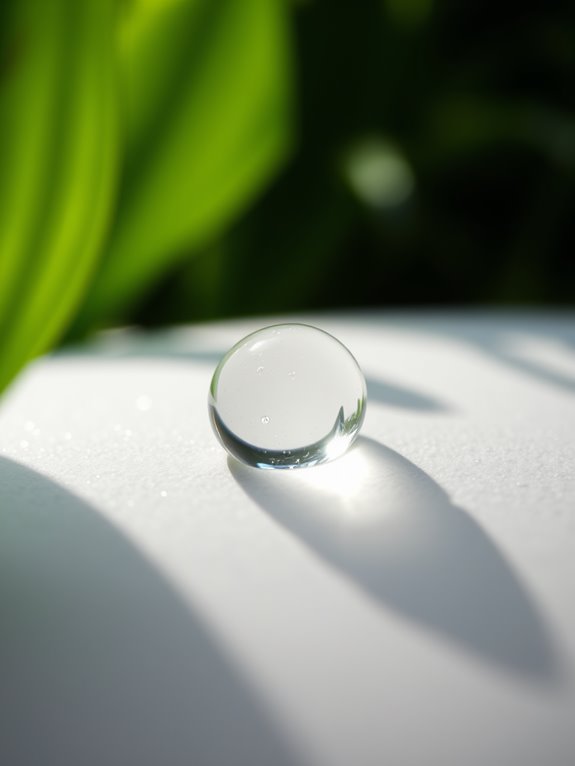
When you tap into your home’s water supply, you might notice differences in how it feels or behaves, which can often be attributed to water hardness or softness.
Hard water contains high levels of minerals like calcium and magnesium, which can lead to scale buildup in pipes and appliances. You might find it leaves spots on dishes or makes it harder to lather soap.
On the other hand, soft water has fewer minerals, making it feel smoother and easier to clean with.
Understanding this difference can help you make informed decisions about your water treatment options and improve your overall water experience.
You might also be interested in: What Does a Plumber do on Daily Basis? Inside the Life of a Plumbing Pro
The Role of Whole House Water Filtration Systems
When it comes to your home’s water quality, understanding the role of whole house water filtration systems is essential.
These systems not only filter out impurities but also differ from water softeners in significant ways.
Let’s explore the benefits of filtration systems and clear up some common misconceptions you might have.
Filtration Versus Softening Systems
While many homeowners may confuse water filtration systems with water softeners, understanding their distinct roles is essential for ideal water quality.
Filtration systems focus on removing impurities, contaminants, and harmful particles from your water, ensuring it’s safe and clean for consumption.
In contrast, water softeners specifically target hard minerals like calcium and magnesium, effectively reducing scale buildup and improving water feel.
Recognizing that filtration enhances safety while softening enhances comfort can help you choose the right system for your needs.
Benefits of Filtration Systems
Investing in a whole house water filtration system brings numerous benefits that enhance your home’s water quality. You’ll enjoy cleaner, safer drinking water, reduced contaminants, and improved taste. Additionally, these systems can prolong the life of your plumbing and appliances by preventing buildup from impurities.
| Benefit | Impact | Example |
|---|---|---|
| Cleaner Water | Healthier family | Removes chlorine |
| Taste Improvement | More enjoyable beverages | Filters out odors |
| Appliance Longevity | Cost savings on repairs | Reduces scale buildup |
With these advantages, you’ll see a noticeable difference in your daily life.
Common Misconceptions Explained
What do you really know about whole house water filtration systems? Many people think these systems soften water, but that’s a common misconception. Whole house filters primarily remove contaminants and improve water quality, not hardness.
If you’re looking to soften water, you’ll need a dedicated water softener. Another myth is that all filtration systems are the same; in reality, they vary in technology and effectiveness.
It’s essential to choose the right system for your specific needs. Understanding these misconceptions helps you make informed decisions about your home’s water quality and guarantees you get the best system for your situation.
You might also be interested in: What is Potable Water Plumbing?
Common Myths About Water Softening

Have you ever wondered what really happens when you soften your water? Many believe water softening removes all contaminants, but that’s a myth.
In reality, it primarily targets hard minerals like calcium and magnesium, leaving other impurities behind.
Another common misconception is that soft water is unhealthy; it’s actually safe for drinking and cooking.
Some think that water softeners require constant maintenance, but modern systems are often low-maintenance.
Ultimately, many assume soft water is the same as filtered water, but softening doesn’t eliminate bacteria or chemicals.
Understanding these myths can help you make informed decisions about your water treatment options.
Here’s another post you might find useful: Why Are Plumbing Services Expensive? Unveiling the Real Costs
How Filtration Systems Work: A Closer Look
While many people rely on water filtration systems to guarantee clean drinking water, understanding how these systems actually work is essential.
Filtration systems use various methods to remove impurities from your water, ensuring it’s safe and pleasant to drink. Here’s how they generally operate:
- Sediment filtration removes dirt and particles.
- Activated carbon absorbs chemicals and odors.
- Reverse osmosis eliminates dissolved solids and contaminants.
- UV light disinfects water by killing bacteria and viruses.
You might also be interested in: Are Continuous Flow Hot Water Systems Good? Benefits and Considerations
Difference Between Filtration and Softening
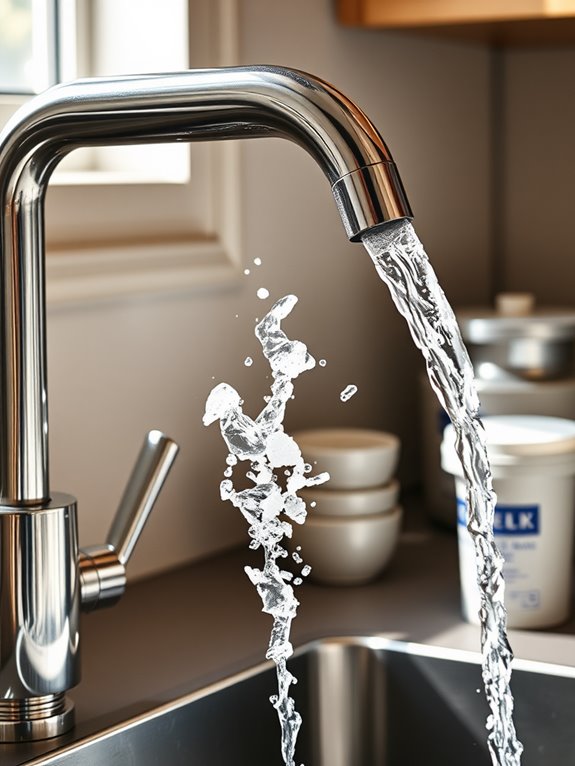
Although both filtration and softening aim to improve water quality, they serve different purposes and use distinct methods.
Filtration removes impurities, contaminants, and particles, ensuring your water is clean and safe to drink. This process typically involves physical barriers or chemical treatments that target specific pollutants.
On the other hand, softening focuses on reducing water hardness caused by minerals like calcium and magnesium. This method replaces these minerals with sodium ions, making your water gentler on skin and appliances.
Understanding these differences helps you choose the right system for your needs, ensuring superior water quality throughout your home.
There’s more to explore! Here’s another valuable read: Are Hot Water Systems Electric? Exploring Different Water Heating Methods
Types of Water Filtration Systems
When it comes to water filtration systems, understanding the differences between filtration and softening is essential.
You’ll find a variety of common system types, each designed to address specific water quality issues.
Let’s explore these options to help you choose the best solution for your home.
Filtration vs. Softening
Understanding the difference between filtration and softening is essential for choosing the right water treatment system for your home.
Filtration removes contaminants, ensuring your water is clean and safe to drink. On the other hand, softening tackles hard minerals that cause scale buildup and harsh water feel.
Here’s a quick comparison:
- Filtration: Targets impurities like chlorine, sediment, and bacteria.
- Softening: Reduces calcium and magnesium levels.
- Purpose: Filtration improves taste and safety; softening enhances comfort.
- Systems: Different technologies are used for each process.
Knowing these distinctions helps you select the best system for your specific needs.
Common System Types
Choosing the right water treatment system involves not just knowing the difference between filtration and softening but also understanding the various types of filtration systems available.
You’ll encounter options like activated carbon filters, which effectively remove chlorine and improve taste, and reverse osmosis systems, known for their ability to eliminate numerous contaminants.
UV purification systems use ultraviolet light to kill bacteria and viruses, while sediment filters capture larger particles.
Each system serves specific needs, so consider your water quality and what contaminants you face.
There’s more to explore! Here’s another valuable read: Are Water Filtration Systems Necessary? Benefits and Considerations
What Happens to Minerals in Filtration Systems
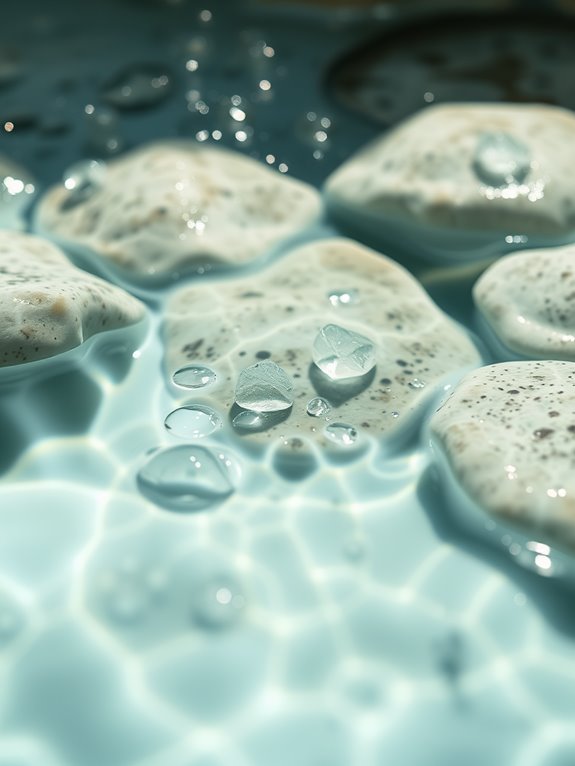
Minerals play an essential role in your water quality, but their fate in filtration systems often raises questions.
When you use a filtration system, here’s what generally happens to those minerals:
- Some minerals, like calcium and magnesium, might be reduced.
- Others, such as potassium and sodium, often remain unaffected.
- Certain filters target specific contaminants without altering mineral content.
- Filtration systems can enhance water clarity while leaving essential minerals intact.
Ultimately, while filtration improves water quality, it doesn’t necessarily soften it.
Understanding this helps you make informed choices about your water treatment options.
Here’s another post you might find useful: Are Water Filtration Systems Tax Deductible? Here’s the Answer
Benefits of Using a Water Softener
When you install a water softener, you’ll quickly notice a range of benefits that enhance your daily life. Softened water improves the efficiency of your appliances, reduces soap scum buildup, and leaves your skin feeling smoother. You’ll also enjoy cleaner dishes and laundry, as soft water allows detergents to work more effectively.
| Benefit | Description |
|---|---|
| Appliance Longevity | Reduces scale buildup on appliances |
| Skin and Hair Health | Leaves skin softer, hair shinier |
| Cleaner Home | Less soap scum and stains |
With these advantages, a water softener can greatly improve your home’s water quality.
There’s more to explore! Here’s another valuable read: Are Water Softener Systems Worth It? Pros, Cons, and Real-Life Reviews
Cost Comparisons: Filtration vs. Softening
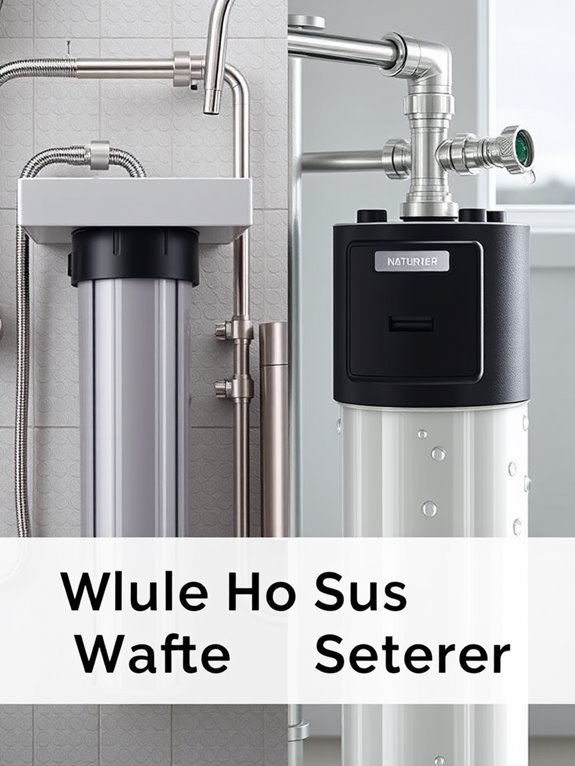
When considering a whole house water system, understanding the cost differences between filtration and softening is essential.
You’ll want to look at both installation expenses and ongoing maintenance costs to make an informed decision.
Installation Expenses Overview
Understanding the costs associated with a whole house water filtration system is essential for homeowners.
When comparing installation expenses, you’ll find notable differences:
- Filtration systems typically range from $1,000 to $5,000.
- Water softeners can cost between $1,500 and $4,000.
- Labor costs vary, averaging about $50 to $150 per hour.
- Permits and inspections may add extra fees, depending on local regulations.
Ultimately, your choice will depend on your specific needs and budget.
Be sure to gather quotes and consider long-term benefits when making your decision.
Maintenance Cost Differences
After considering installation expenses, it’s important to look at the ongoing maintenance costs associated with water filtration and softening systems.
Filtration systems often require regular filter replacements, which can add up over time, depending on your water quality.
In contrast, water softeners typically need salt refills and occasional resin cleaning.
While both systems incur costs, water softeners may have slightly higher ongoing expenses due to salt purchases.
However, the long-term savings on plumbing repairs and appliance longevity from softened water can offset these costs.
Ultimately, evaluating your specific needs will help you make a more informed decision.
You might also be interested in: Are Water Filtration Vacuums Better? Understanding Their Benefits
Choosing the Right System for Your Home
Choosing the right whole house water filtration system can feel overwhelming, especially with so many options available.
To simplify your decision, consider these key factors:
- Water Quality: Test your water to identify contaminants.
- System Type: Decide between sediment filters, activated carbon, or reverse osmosis.
- Flow Rate: Confirm the system meets your household’s water usage needs.
- Installation & Maintenance: Evaluate whether you’ll install it yourself or hire a professional.
Conclusion
In the end, understanding the difference between filtration and softening is like choosing between a gentle breeze and a warm embrace. While a whole house water filtration system purifies your water, it won’t soften it like a dedicated water softener does. So, if you’re aiming for that silky smooth feel in your water, you’ll want to invest in a softener. Choose wisely, and you’ll enjoy invigorating, crystal-clear water that feels like a gentle caress on your skin.

